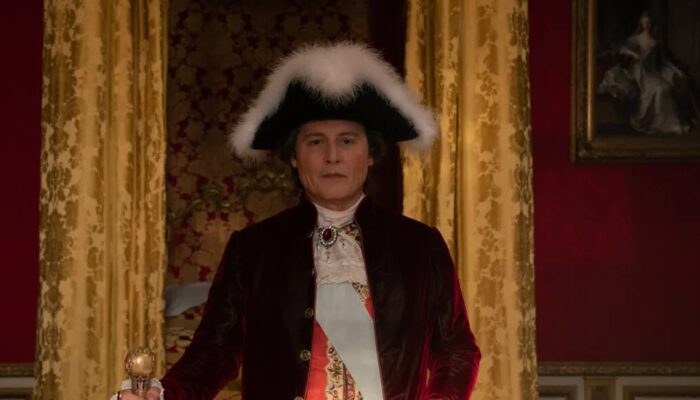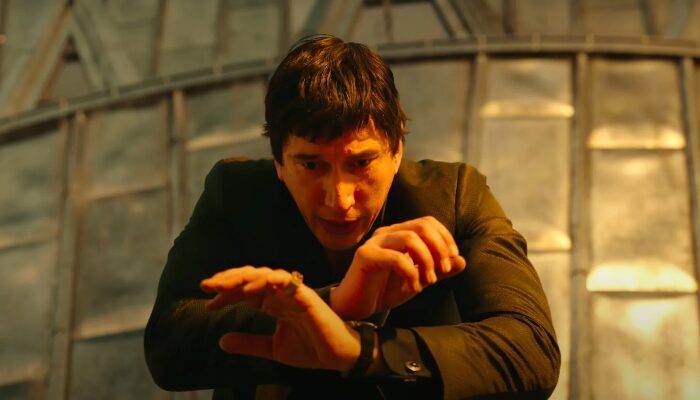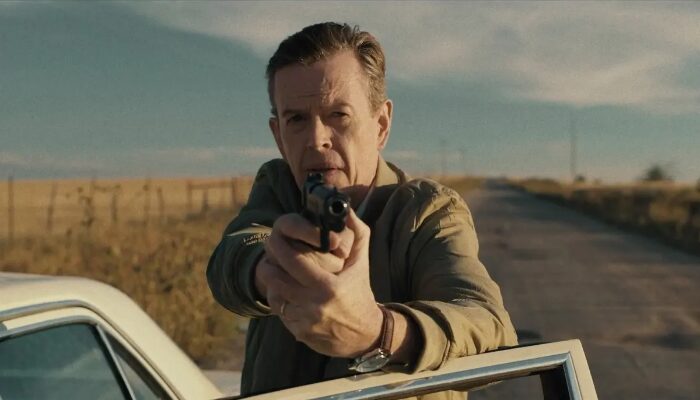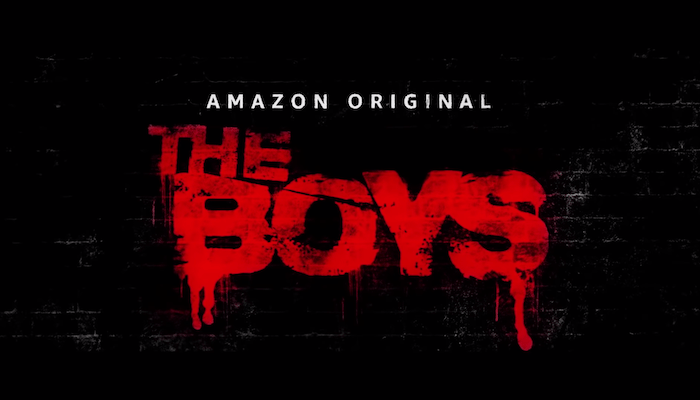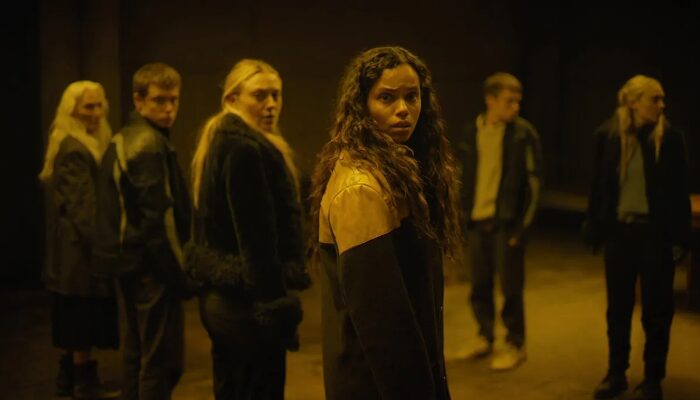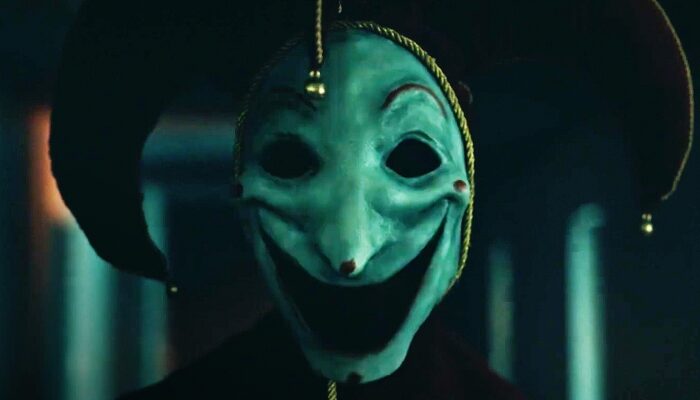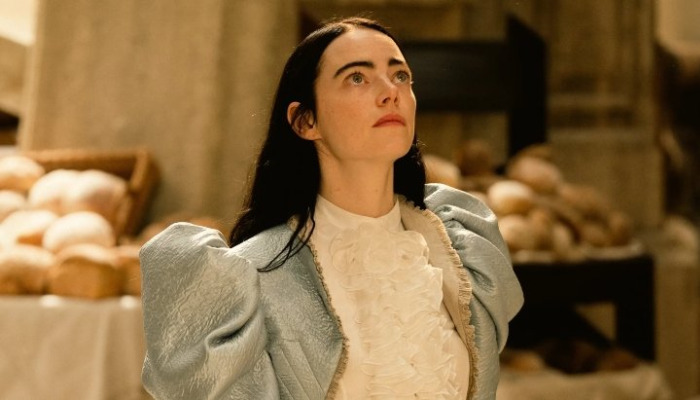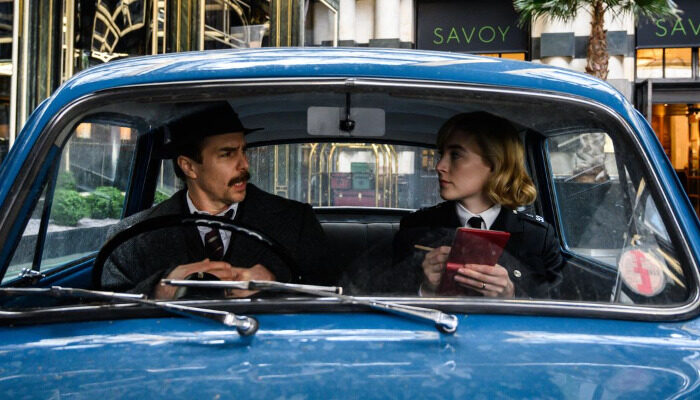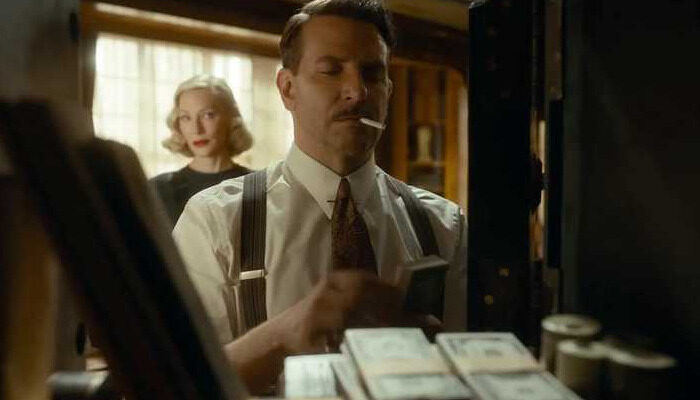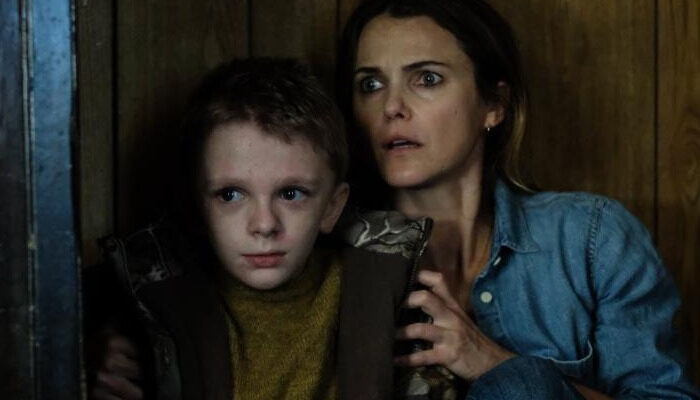Film Review: WENDY (2020): New Peter Pan Retelling Injects New Energy Into Tired Classic
Wendy Review
Wendy (2020) Film Review, a movie directed by Benh Zeitlin, and starring Devin France, Yashua Mack, Gage Naquin, Gavin Naquin, Lowell Landes, Kevin Pugh, Shay Walker, Stephanie Lynn Wilson, and Alison Campbell.
It can be an admirable effort to rework a famous story. It’s even more admirable when that reworking supersedes its source.
Benh Zeitlin, the fantasy indie wunderkind who made waves with 2012’s Beasts of the Southern Wild, has recreated that feat with Wendy, his new take on J.M. Barrie’s well-known tale of the boy who would never grow up. But rather than just graft the story onto a modern-day setting, Zeitlin weaves an American revisionist tale that honors the country’s exploratory spirit while being subtly critical of the insatiable greed that’s influenced its history of violence.
The story is much like any other Peter Pan adaptation, but with a more direct focus on Wendy Darling (Devin France). In addition to helping her mother (Shay Walker) run their small diner on the side of the railroad, she must also wrangle her wily twin brothers (Gavin and Gage Naquin) and keep them from causing too much ruckus. She’s not necessarily discontent with her lot in life, nor does she fear growing up. Rather, she worries about making the same mistakes as her mom: rooting one’s self in a single place, and thus missing out on worldly adventures.
One night, through her bedroom window, she sees a small child hopping over the tops of a passing freight train. It triggers past memories of seeing a boy disappear down the tracks, and she decides to investigate. Soon, she and her brothers James and Douglas are whisked away into the night, and they cross paths with a small, bedraggled boy named Peter (Yashua Mack) who offers them a chance at a neverending youthful adventure.
The group disembarks the train in the bayous of the American south, transferring to boat and making their way to an enchanted island out at sea. On the shore, the Darlings meet the never-aging Lost Boys, who along with Peter show the newcomers the wonders of the island and the magical aura, “Mother”, that watches over them. It’s a fanciful paradise for Wendy, whose search for adventure has finally materialized, but there’s a dark side to the island that threatens to destroy its entire ecosystem if they ever venture outside of emotional absolutes. Wendy takes it upon herself to quell these dark forces, before they subsume her friends and leave the island blown to smithereens.
Much like Zeitlin’s 2012 breakout Beasts, Wendy is a continuation of his brand of childlike, working-class magical realism. Zeitlin and his co-writing sister, Eliza Zeitlin, tap into Wendy’s dissatisfaction with her laborious lot in life, and how that feeds into her imaginative restlessness. But just like with Hushpuppy and her father in Beasts, Wendy doesn’t harbor contempt for her mother or her class – rather, she just wants more opportunity to live life to its fullest, in an adventure not defined by nor burdened with superficial wealth. The wonder of existence drives her survival, and she feels like she’s already exceeded the limits of her current life. By setting it firmly within this perspective, Zeitlin’s Peter Pan retelling eliminates much of the upper-middle-class stranglehold the original had on childlike imagination – or, at least, the assumed socioeconomic level markers that such popular literary works presuppose as storytelling/publishing qualifications.
It’s also a refreshing take on the symbolism of Americana, as Zeitlin perfectly intertwines it with his characters’ innocent sense of wonder. Gone is the Western chauvinism and outright racism of adaptations past and replaced solely with childlike admiration for life’s mysteries, as well as the broad strokes of existentialism as our characters grapple with the vastness of it all. For one particular example: railroads have always been a great signifier of the power brought on by the Industrial Revolution, but Wendy posits them less as tools of conquest and more as gateways to opportunity – mythical iron horses taking you to new worlds beyond the horizon.
Hell, Zeitlin takes this revisionism one step further by suggesting that Peter was of Afro-Caribbean descent, and ran away from his family assumedly upon their arrival in America. Such set-up suggests greater psychological and sociopolitical implications at play on Peter’s angsty young psyche besides a sense of general rambunctiousness, and opens up a greater thematic can of worms (and possible critique on the façade of Western exceptionalism) than Barrie ever could have imagined.
Of course, this is all contingent on your own sense of cinematic leniency and tolerance, as Wendy is also a continuation of Zeitlin’s penchant for grandiose dubiousness. For every vague (and potentially vapid) voiceover detailing the thematic underpinnings of his narratives, there’s a boisterous and emotional musical cue to wrangle you back on track. For those who are not as easily swept up in the aggressive beauty of Zeitlin’s collaborative score with Dan Romer, it might be easy to write it off as pejorative schmaltz.
Also, while it might make sense that Zeitlin is attempting to dissect such weighted concepts as mortality and bridge the happiness-sadness binary in such obvious ways as a 10-year-old might themselves, that doesn’t keep its bluntness from becoming a bit grating. His approach to these topics is, honestly, more effective than any of the prior Peter Pan adaptations have gone about handling it – perhaps it’s effective because of that very bluntness, which is stark and more attuned to Barrie’s own propagations of the eventual necessity of maturity – but its repetitiveness does admittedly become a bit of a strain. It’s never outright annoying (although your mileage may vary on that qualification), but very little is done to hide its obvious construction.
It also doesn’t help that the environmentalist allegory is messy at best. The whole “Mother” Nature of the island is obvious, but the rest is a bit obtuse….Perhaps it’s a metaphor for older generations destroying the world for their own longevity at the expense of the youth? Or the fatality of not realizing one’s ecological mistakes until after the deed has been done? Hard to say. Such translucence would probably be argued as being “the point”, but that’s also a cop-out for its own convolutions.
Yet despite the flaws of its projection, Wendy is an enchanting modern-day fantasy that spurs more wonder than it does spite. Zeitlin, regardless of his brashness, offers a breath of fresh air that plays within its own realm of style. If anything, this is a worthwhile daydream within these quarantined times.
An adventure, if you will.
Rating: 7/10
Leave your thoughts on this Wendy review and the film below in the comments section. Readers seeking to support this type of content can visit our Patreon Page and become one of FilmBook’s patrons. Readers seeking more film reviews can visit our Movie Review Page and our Movie Review Pinterest Page. Want up-to-the-minute notifications? FilmBook staff members publish articles by Email, Twitter, Instagram, Tumblr, Pinterest, and Flipboard.
Related Articles
FilmBook's Newsletter
Subscribe to FilmBook’s Daily Newsletter for the latest news!

